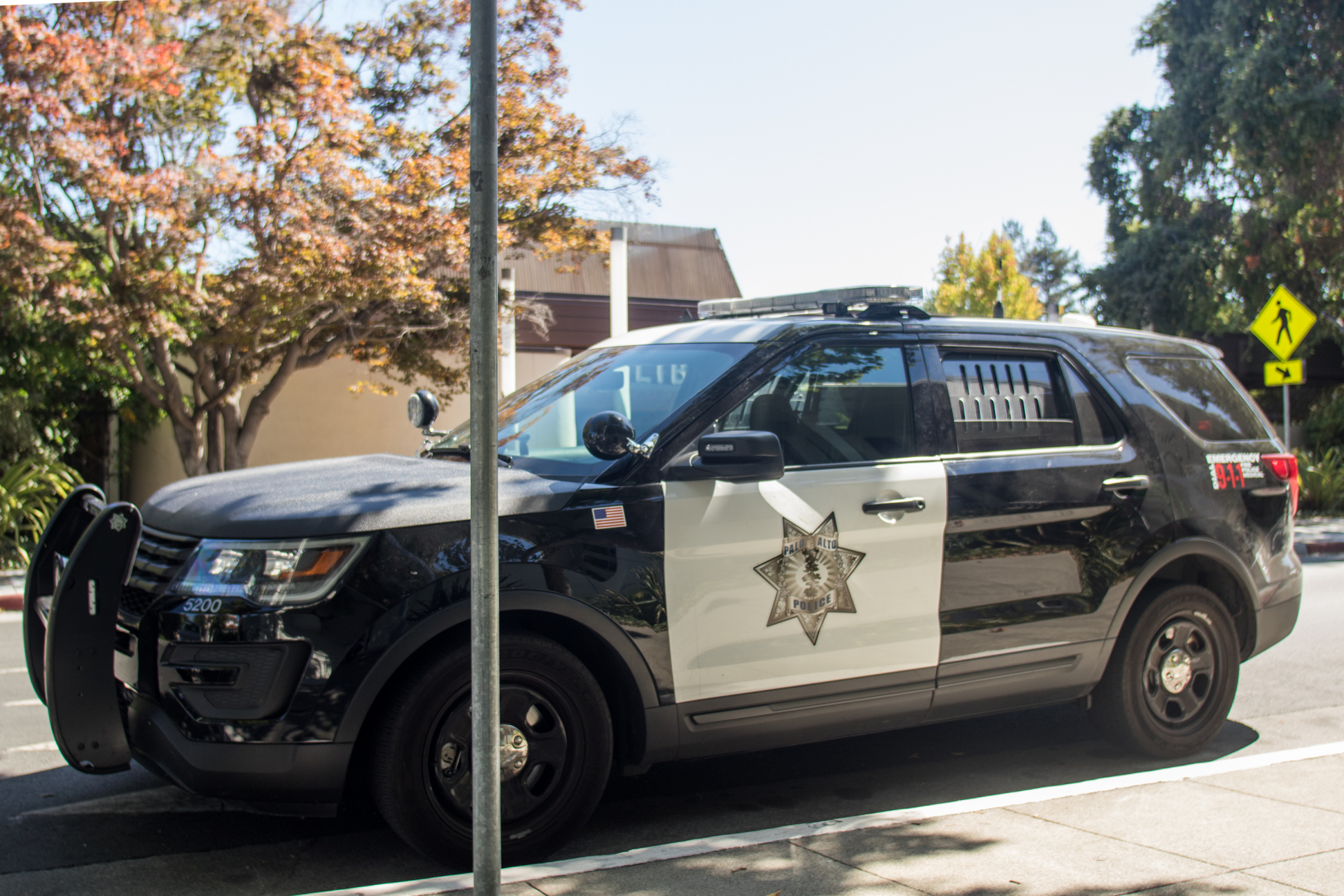Police departments throughout California would be required to make their radio communications accessible to the press and the public under new legislation proposed by state Sen. Josh Becker.
Senate Bill 1000, also known as the "Public Right to Police Radio Communications Act," responds to a recent trend among California's law-enforcement agencies to encrypt their radio communications since early 2021, a move that prevents journalists, citizen watchdogs and other residents from monitoring police activities.
The switch to encrypted radio, which was made by police departments in Palo Alto, Mountain View, San Francisco, Los Altos and other cities, followed a memo from the state Department of Justice that required departments to institute measures to protect release over the radio of personal information such as social security numbers, license plate numbers and criminal histories. The memo gave departments the option of either fully encrypting their communications or establishing policies that protect sensitive information while keeping other communications publicly available.
The California Highway Patrol responded by adopting a "hybrid" approach in which radio transmissions remain open except for when personal information is being transmitted. Most other Bay Area agencies followed Palo Alto's lead and encrypted all their communications.
Becker's bill gives California law enforcement agencies until Jan. 1, 2023 to "ensure that all radio communications are accessible to the public." This could be done by using unencrypted radio frequencies for all nonsensitive information, thus allowing it to be picked up by radio scanning equipment; by streaming radio communication online; or by providing access to encrypted communication to anyone who requests it for a "reasonable fee."
Agencies can also transmit confidential information by phone, tablets and other text-display devices, according to the bill.
The legislation would not apply to radio frequencies used to share confidential information or for tactical and undercover operations.
In a fact sheet announcing the bill, Becker called the switch by various law enforcement agencies to switch to encrypted radios a "poor decision."
The issue of police encryption has become contentious in Palo Alto, where several council members, including Mayor Pat Burt, Tom DuBois and Greer Stone, have repeatedly urged the department to reconsider its policy and reverse course, with no success. Stone, who serves on the council's Policy and Services Committee, advocated at the committee's Feb. 8 meeting for the city to revisit the topic and follow California Highway Patrol's lead.
Stone argued that the encryption policy has "the feeling of trying to put up guard between the media and those on the ground."
"I do think there are reasonable concerns that have been raised regarding transparency," Stone said, shortly before the committee supported his motion to reconsider the encryption policy at a future meeting. "If other agencies like CHP can do it, it is curious why we can't do it here."
To date, City Manager Ed Shikada and Police Chief Robert Jonsen have resisted requests to revert to the prior policy or to follow the CHP's lead in removing encryption for radio transmission that does not include confidential information. Assistant Police Chief Andrew Binder suggested, however, that the department had surveyed other jurisdictions and would be willing to further discuss the issue with the council.
"I'd welcome the opportunity to get with the council and show what the Police Department has done and what research has been done and what steps we've taken to communicate and keep our community abreast of what's happening," Binder said at the Feb. 8 meeting.
Police transparency also emerged as a hot topic last week, as the Human Relations Commission hosted a public meeting to discuss the city's search for its next police chief. Commission Vice Chair Adriana Eberle was one of several commissioners and residents who suggested at the March 10 meeting that a candidate's stance on radio encryption should be among the factors that the city considers.
Becker's bill is supported by the California News Publishers Association and the California Broadcasters Association. Both Embarcadero Media, the parent company of Palo Alto Online, and the Daily Post have publicly opposed the Palo Alto Police Department's switch to encrypted radio.
"Palo Alto has kind of been at the tip of the spear on this one, as one of the first departments to move to full encryption," Becker told this news organization in an interview. "Especially with what the country has been going through in the last year or two, now is not the time to reduce access to police activity.
"The public and news media have had access to this information for the past 70 years or so. And I understand the police are looking to protect people's private information, but we think there's a way to do both, as the CHP is doing."
Becker also argued in a Thursday memo that restricting access to police activity is "not an 'operational change' that should be taken without input from the public, the media, or city, county and state elected officials."
"Nuanced approaches like (the CHP's) must be adopted by other police agencies rather than wholesale encryption," the memo states.



Comments
Registered user
Blossom Valley
on Mar 18, 2022 at 3:56 pm
Registered user
on Mar 18, 2022 at 3:56 pm
While I understand why police agencies want to encrypt communications, the priority MUST be on the public’s right to know, that is to have access to communications as government agencies are working. If anyone uses the communications to interfere with those essential services, arrest and jail them.
Registered user
Cuesta Park
on Mar 18, 2022 at 4:26 pm
Registered user
on Mar 18, 2022 at 4:26 pm
Nicely said, Johnny. Sunshine is the best disinfectant. Government transparency is crucial.